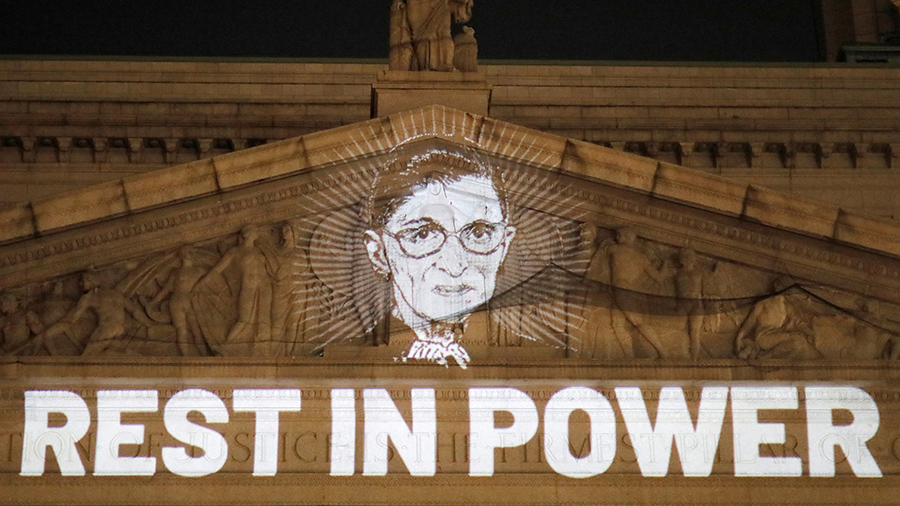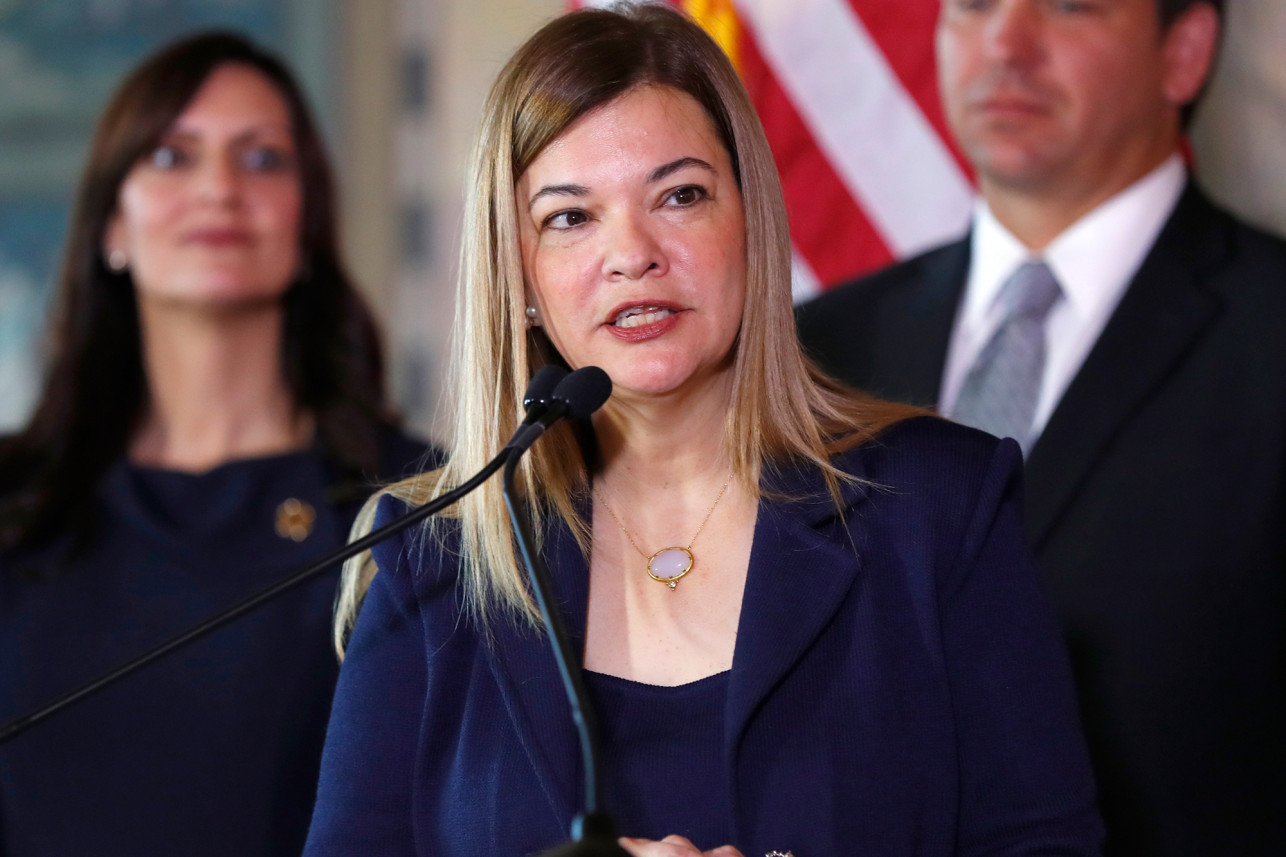01:06

The U.S. President Donald Trump raced on Monday to cement a conservative majority on the U.S. Supreme Court before the November 3 election, telling the media he planned by Saturday to reveal his pick to succeed liberal icon Ruth Bader Ginsburg.
U.S. Democrats' hope of keeping the seat empty faded when two Republican senators, Chuck Grassley and Cory Gardner, signaled their support for moving forward quickly.
Speaking to reporters at the White House, Trump said he was zeroing in on one or two candidates among five who are under consideration. He called on the Senate, controlled by Republicans, to vote on confirmation before the election in which he is seeking a second term. Trump said he is considering five women for his nomination for the U.S. Supreme Court seat.

Trump is looking at a Cuban-American judge Barbara Lagoa from Florida as one of the contenders on his short list to replace Justice Ruth Bader Ginsburg on the Supreme Court. /AP
Trump is looking at a Cuban-American judge Barbara Lagoa from Florida as one of the contenders on his short list to replace Justice Ruth Bader Ginsburg on the Supreme Court. /AP
"I'd much rather have a vote before the election," he said. "We have plenty of time to do it."
Two federal appeals court judges appointed by Trump are clear front-runners: Amy Coney Barrett of the Chicago-based 7th U.S. Circuit Court of Appeals and Barbara Lagoa of the Atlanta-based 11th U.S. Circuit Court of Appeals. Trump met with Barrett at the White House on Monday, according to an insider.
Ginsburg died on Friday of complications from pancreatic cancer at age 87.
Trump's announcement would come before Ginsburg is due to be buried privately at Arlington National Cemetery next week.
Officials have arranged for a public viewing of her body outside the Supreme Court on Wednesday and Thursday and inside the U.S. Capitol on Friday.
Ginsburg's death gives Trump and his party an opportunity to establish a 6-3 conservative majority on a court whose decisions influence many spheres of American life including abortion, healthcare, gun rights, voting access, presidential powers and the death penalty.
Source(s): Reuters